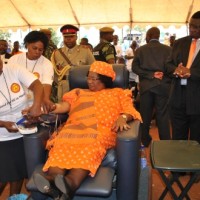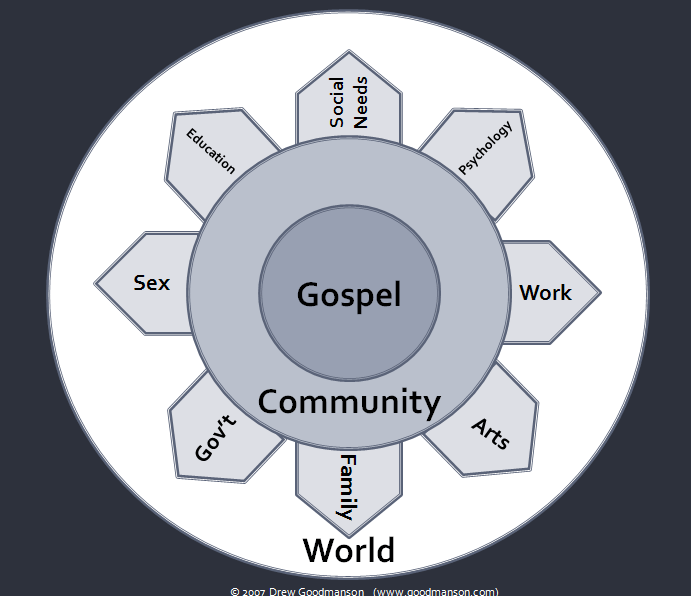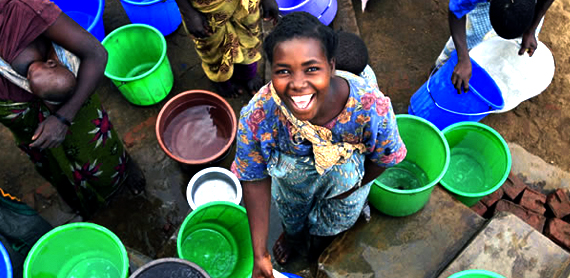President Joyce Banda yesterday led by example by donating blood at the official launch of Blood Donation Awareness Week and National Blood Policy at Lunzu in Blantyre.
There was a bit of drama when blood collecting personnel were reluctant to collect blood from President Banda because, according to her, they thought it was not advisable due to her age.
But Banda, 62, said she insisted to be checked by a doctor so that she was allowed to donate blood.
The doctor gave the nod for Banda to donate blood because a medical examination showed that she is fit enough to be a blood donor.
The president called on Malawians to voluntarily donate blood during and beyond the blood donation awareness week in order to curb drug shortages in hospitals.
“While I commend and thank those that donate blood, I call upon all of us as in the country to join hands to close the gap and make shortage of blood in our bank a thing of the past,” she said.
Banda further said having enough blood in the country’s banks will ensure that there are no more mothers dying during child birth, there are no more children dying and patients due to lack of blood.
“As a country, we can reduce those deaths by 20 percent if only 80,000 of us take the noble decision to become blood donors. I call upon you all to come forward and start donating blood,” she said.
On the launch of the National Blood Policy, Banda said the policy will help, among other things, ensure that blood donations are voluntary, non-remunerated and collected from low risk population, promote regular blood donation and that family replacement blood donation system is gradually being phased out.
“The development of this policy is therefore, a major milestone in the health service delivery,” she said.
On her part, Board Chairperson of Malawi Blood Transfusion Services (MBTS) Anastanzia Msosa said Malawi needs 80,000 pints of blood annually.
“Our target is to collect 10,000 pints this week. Last year we collected 5,000 pints and hopefully we will manage to get the required amount of 80,000 per year,” Msosa said.





No comments! Be the first commenter?